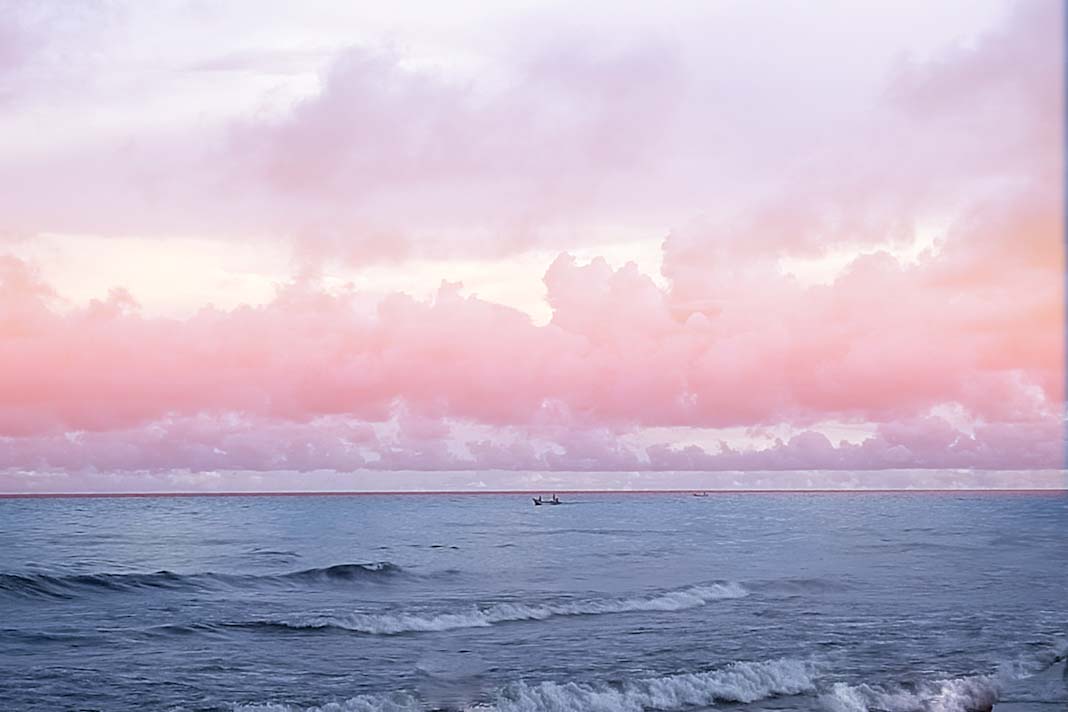 KR has announced the successful delivery of the groundbreaking low-carbon sailing cargo ship SV Juren Ae (IMO no. 1021245) to the Marshall Islands Shipping Corporation (MISC) on 31 July, said ajot .Built under KR class in South Korea, this innovative vessel marks a significant milestone in sustainable maritime transport.
KR has announced the successful delivery of the groundbreaking low-carbon sailing cargo ship SV Juren Ae (IMO no. 1021245) to the Marshall Islands Shipping Corporation (MISC) on 31 July, said ajot .Built under KR class in South Korea, this innovative vessel marks a significant milestone in sustainable maritime transport.
Features
Funded by the International Climate Initiative (IKI), the SV Juren Ae, a 48-meter-long, 300 dwt supply vessel, is the result of a collaborative effort led by the German Society for International Cooperation (GIZ) through their project ‘Transition to Low-Carbon Sea Transport in the Republic of the Marshall Islands’ for the German Ministry for the Environment, Nature Conservation, Nuclear Safety and Consumer Protection (BMUV) since 2017.
Developed at the maritime campus of Emden/Leer University of Applied Sciences and constructed at Asia Shipbuilding in Geoje City, Korea, the vessel boasts several innovative features. At its core is a partially-automated sail system designed by German naval designer HSVA, adapted from a traditional Indonesian sail design.
Hybrid power system
The vessel’s hybrid power system allows for versatile operation. The ship’s propeller and engine are used for slow-speed maneuvering, while the propeller can also function as a turbine to generate electricity via a hybrid gearbox and generator. This innovative design enables the SV Juren Ae to achieve a service speed of approximately 12 knots under sail and around 7 knots with the auxiliary diesel engine.
Further enhancing its eco-friendly credentials, the ship features a battery rack charged by excess wind power, which powers the vessel’s electric drive during low-speed operations.
The SV Juren Ae will be operated by MISC for domestic sea transportation within the Marshall Islands and the broader Pacific Region. This project not only offers a compelling business case for sail-driven cargo vessels, particularly in regions with high fuel prices like the Pacific islands, but also aims to inspire other Pacific Island states to adopt low-carbon technologies and concepts for maritime transport.
Did you Subscribe to our daily newsletter?
It’s Free! Click here to Subscribe
Source: Ajot























